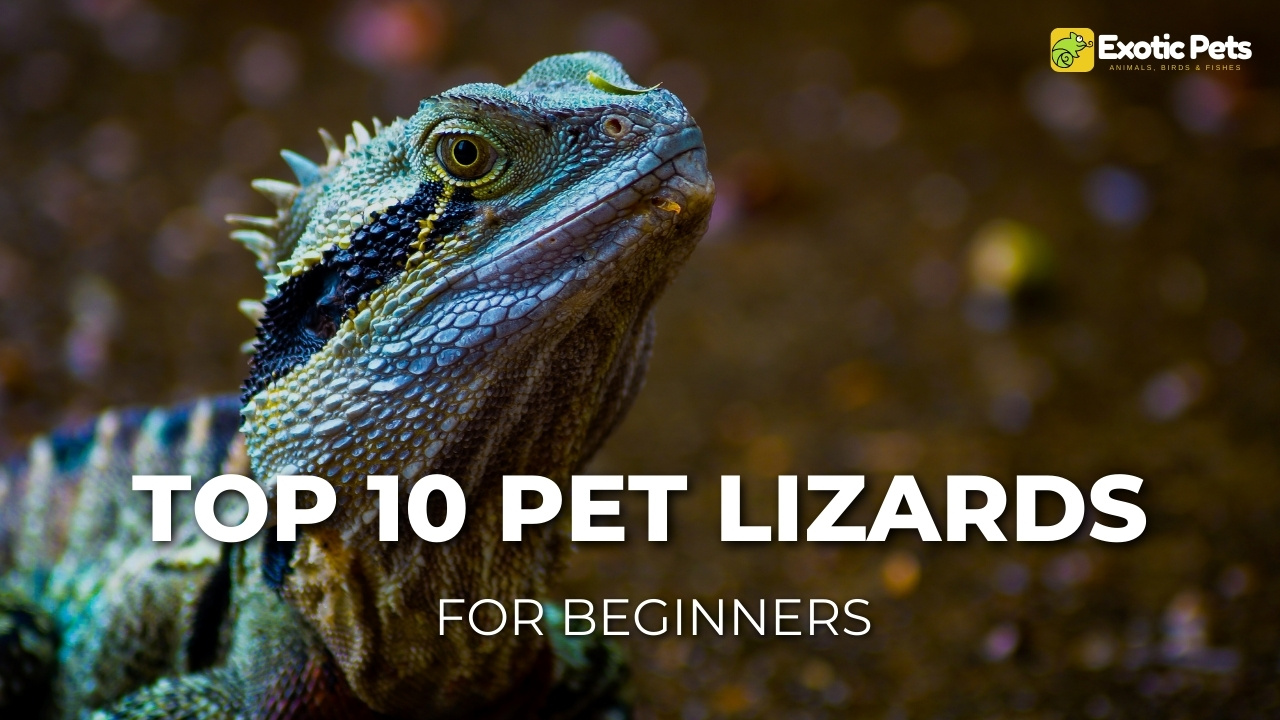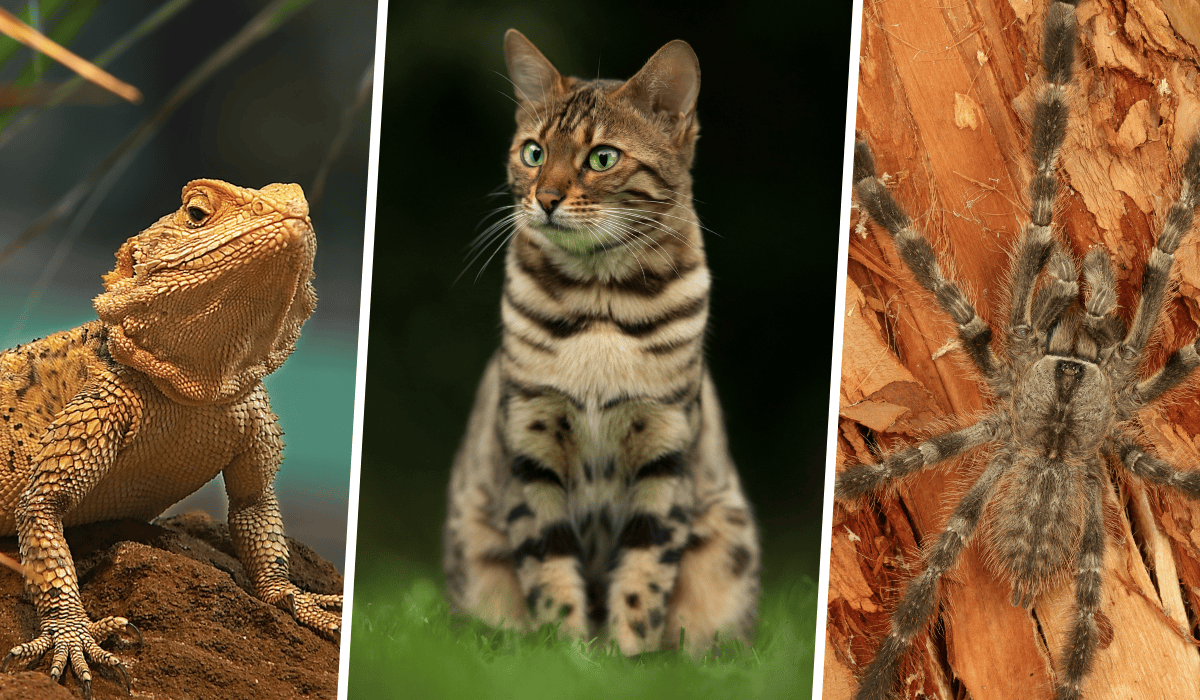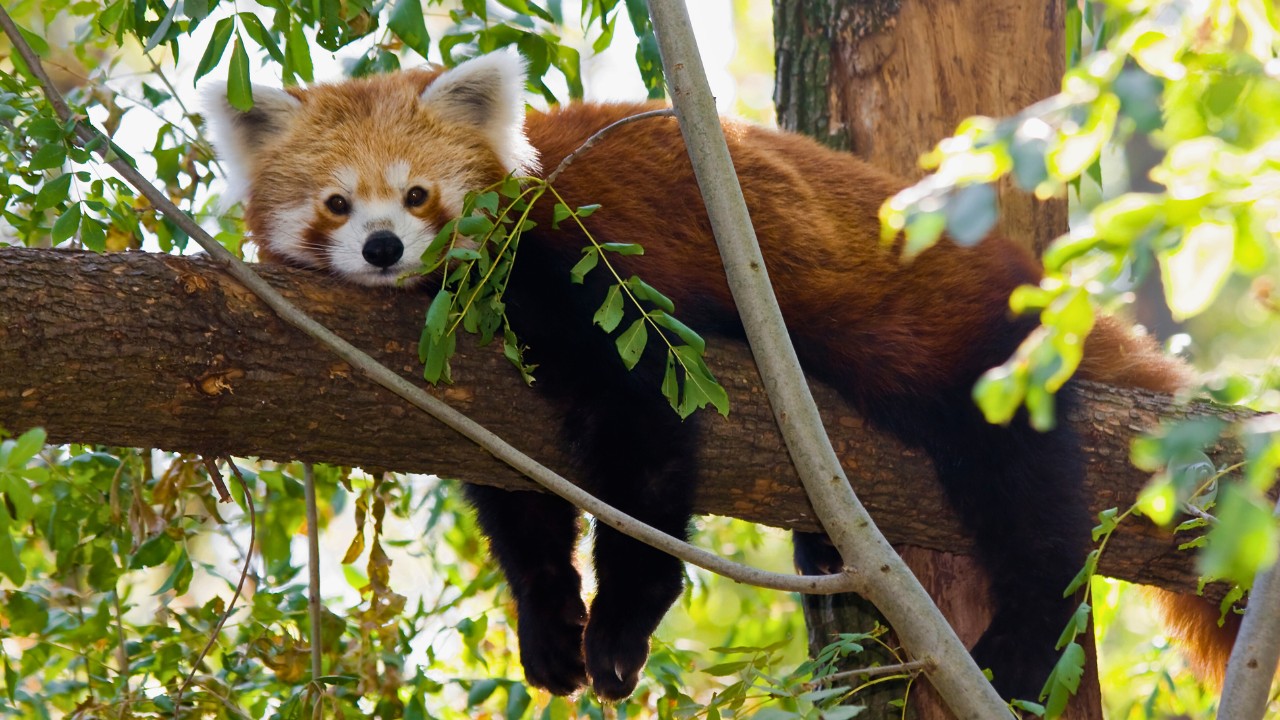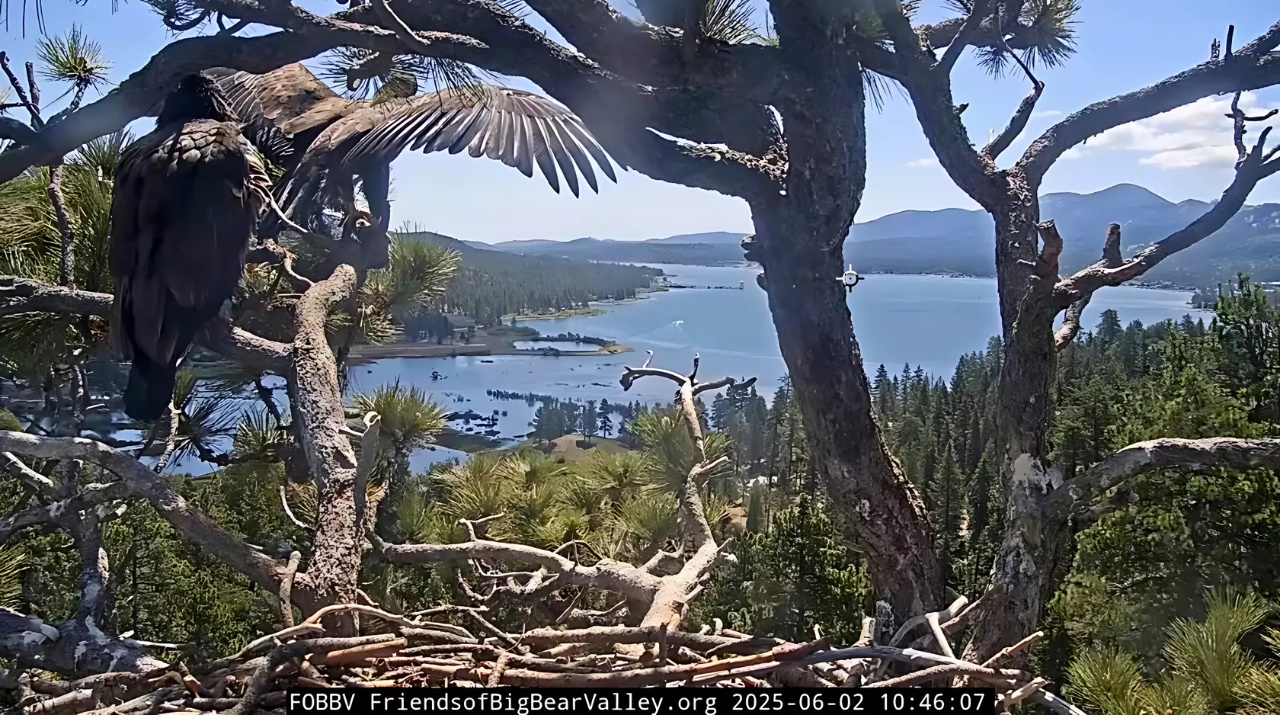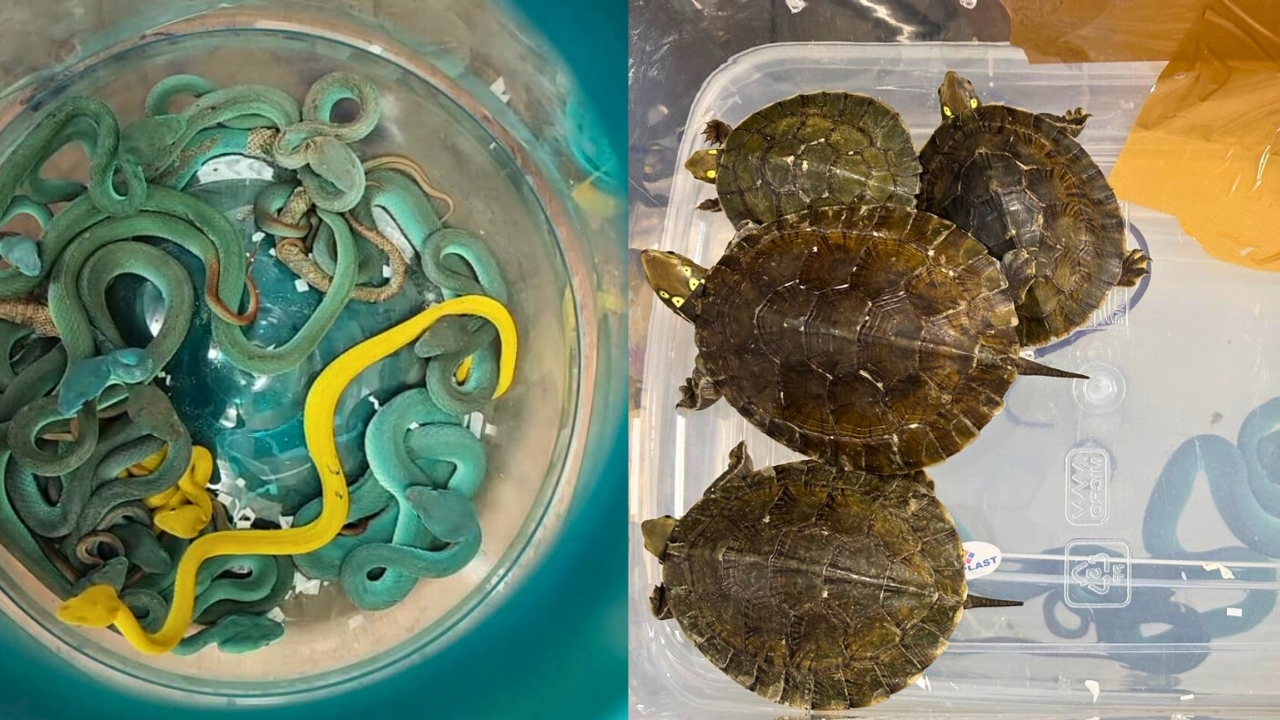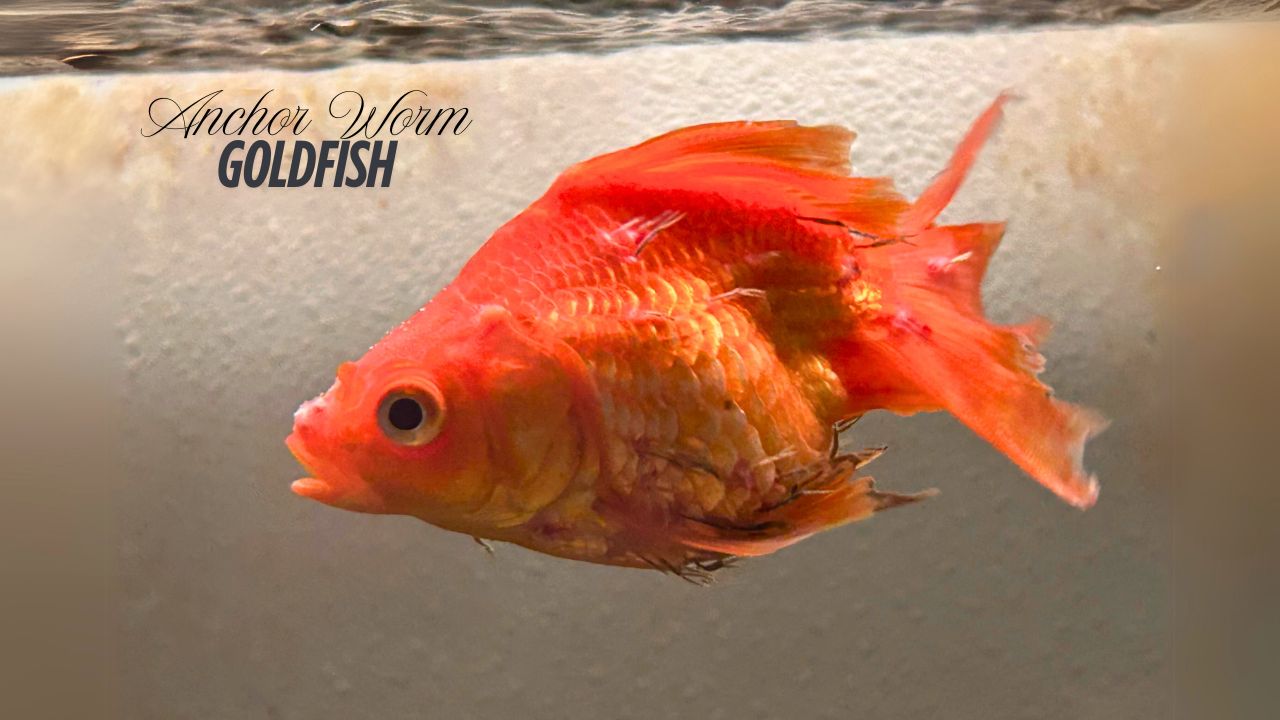The allure of owning an exotic animal as a pet is undeniable. The uniqueness, prestige, and novelty of having a creature that is rare and far from a typical cat or dog can be appealing. However, the question remains: Do these exotic animals make good pets?
Table of Contents
Understanding Exotic Pets Animals
Exotic pets are animals that are not commonly domesticated. They range from reptiles like snakes and lizards to birds like parrots and even include more unusual choices like sugar gliders, ferrets, and capybaras. The definition can also extend to more dangerous animals like big cats, primates, and venomous snakes.
Considerations Before Owning an Exotic Animal
- Legal Restrictions: Many exotic animals are regulated by international and local laws. It’s crucial to check if owning an animal in your area is legal.
- Specialized Care: Exotic animals often require specific environments, diets, and care, which can be challenging and expensive. This includes specialized veterinary care, which may not be readily available.
- Ethical Concerns: The trade in exotic pets often involves wildlife trafficking and can contribute to the decline of species in the wild. Keeping an exotic pet can raise significant ethical questions about conservation and animal welfare.
- Safety Risks: Some exotic pets, especially larger or venomous ones, can pose serious safety risks to owners and others.
- Longevity and Commitment: Many exotic animals live for a long time, sometimes outliving their owners. This long-term commitment requires serious consideration.
Do They Make Good Pets?
The suitability of an exotic animal as a pet largely depends on the species and the owner’s ability to meet its needs. For instance, some reptiles may be easier to care for and can make good pets for the right owner. On the other hand, primates, big cats, and other exotic animals are generally not suitable due to their complex needs and potential dangers.
Potential Benefits
- Educational Value: Properly cared for, exotic pets can offer educational insights into their behavior, biology, and the ecosystems they come from.
- Conservation Awareness: Owning an exotic pet can sometimes foster a deeper appreciation and awareness of wildlife conservation.
Conclusion
While exotic animals can be fascinating, owning one as a pet comes with significant responsibilities and challenges. It’s vital to weigh the legal, ethical, and practical considerations before deciding. In many cases, the best way to appreciate these animals is in their natural habitat or in accredited sanctuaries and zoos.



